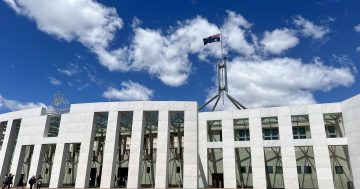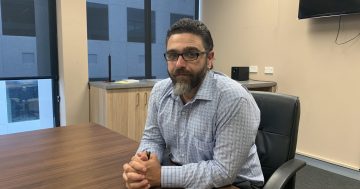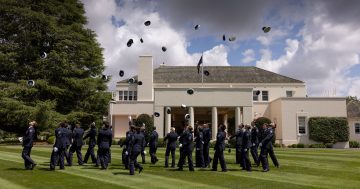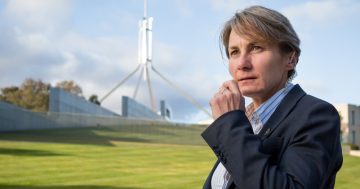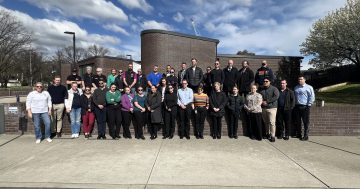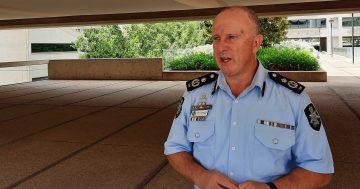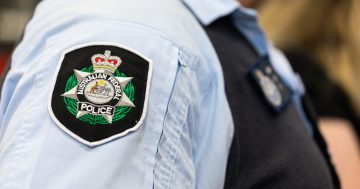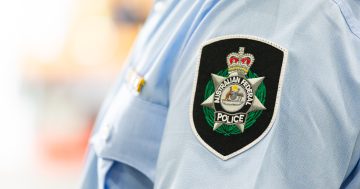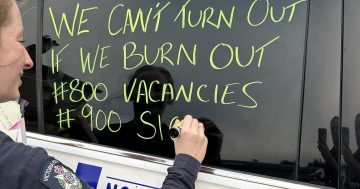When he is a PSO. What’s a PSO? A Protective Services Office.
The question then arises how do you tell. Well the Canberra public has never been that sharp in telling the difference but for the last year it has been even harder as the then Australian Protective Services was amalgamated with the Australian Federal Police and the AFP went through a re-badging exercise. Costly and inconvenient (I’m still finding uniform items I’ve got to take in to get re-badged) now all AFP officers, be they Sworn Police Officers or PSO’s have the same badge. Last week the PSO’s vehicles got re-badged. If not already the PSO’s will soon also have the same firearm as sworn officers although if someone can tell the difference between whatever the HK pistol they have is and the glock from any sort of distance they are a better person than I. No, the best way to tell the difference is that PSO’s, who as far as I know don’t have the need to carry around masses of victims of crime booklets, tape recorders and pull their notebooks out every 5 minutes, and police offices is that the PSO’s get to wear cargo pants with decent pockets and police have to wear polyester trousers that melt near heat and have pockets that are small and inaccessible when wearing a utility belt.
So what does a PSO do? They guard stuff. Buildings mainly. Usually filled with valuable government stuff or people but also including the external perimeters of all the embassies. The PSO’s also include more highly trained Air Marshalls. They don’t investigate your burglary (and despite what many Rioter’s say yes the police do do that it’s just that mostly there isn’t much to investigate -Canberra isn’t CSI Miami you know), attend that traffic accident or any other stuff that POLICE do. PSO’s do an important job but they are not police, they aren’t trained to do the same things and do not have the same powers under law.
Anyway why this rant now? Well the Canberra Times has very interesting piece including views from the Police Federation of Australia, the Australian Federal Police Association and Labor Party homeland security spokesman Arch Bevis. This is an issue that is often raised on the AFP internal forums but it’s interesting to see it get an airing in public.












